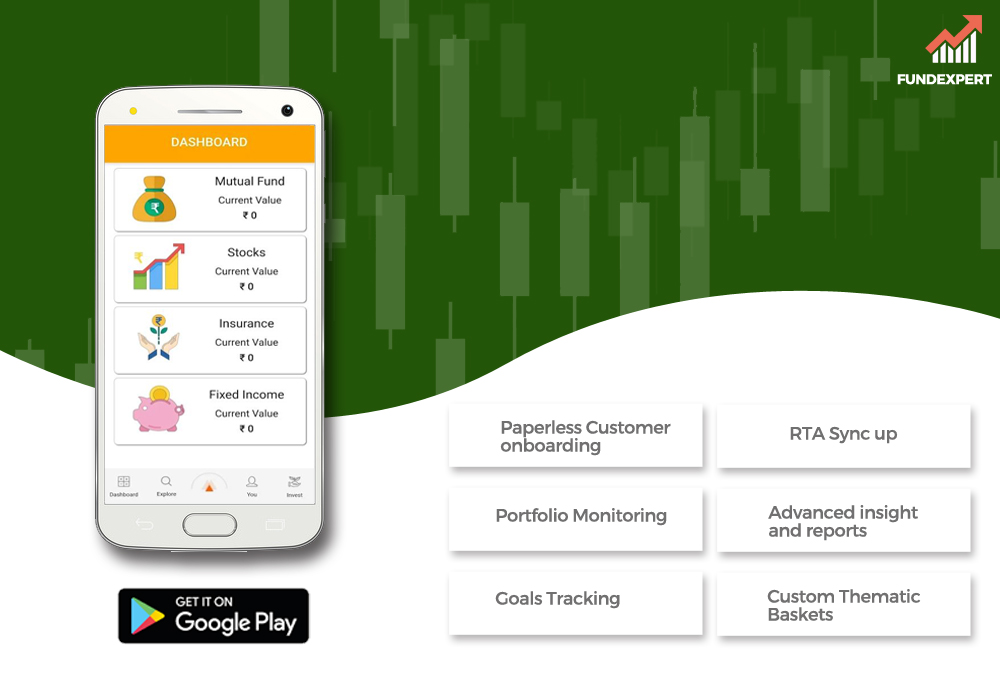Glossary
Objective of investment
That mutual fund scheme has an investment objective that allows the fund manager to invest in the scheme. For example, in the case of an equity fund, the investment goal may be to invest in large cap companies across a variety of sectors to give an appreciation of capital to investors.
Offer Document
Letter sent to the members of the target company by a company that offers to buy their shares at a certain price.
Open-End Fund
An open-ended fund or scheme is one available on a continuous basis for subscription and repurchase.
Open-Ended Schemes
Mutual fund schemes are called open-ended schemes, which constantly offer new units to the public. They sell units for sale without any redemption period being stated.
Operating Expense
These are the expenses incurred by a company for normal business purposes. Includes raw material costs, salaries, etc. Also,these are the costs of operating a mutual fund such as transaction costs, consulting fees, marketing expenses, etc.
Option
The contractual right, but not the obligation, to buy or sell (call option) a certain amount of underlying security at a fixed price (strike price) before or at a given future date (expiry date). The publisher option is the party selling the option.According to the Securities Contract Regulation Act (SCRA), "choice in securities" means a contract to buy or sell a right to buy or sell securities in the future, including a teji, a mandi, a teji mandi, a galli, a put, a call or a position and call in securities.
